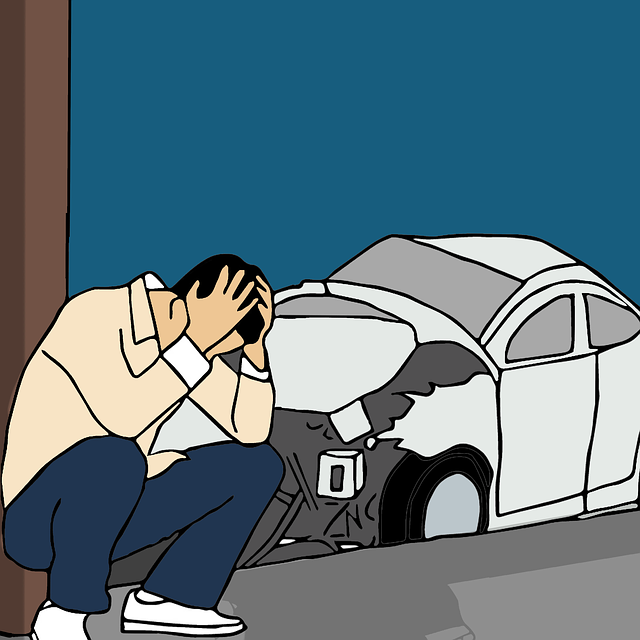Collision coverage is an essential component of many auto insurance policies, designed to protect drivers from financial loss in the event of an accident involving their vehicle. Whether you’re navigating busy streets or quiet roads, understanding how collision coverage works can help you make informed decisions about your insurance needs.
What Does Collision Coverage Protect Against?
Collision coverage pays for damages to your vehicle caused by a collision with another car or object, regardless of who is at fault. This includes scenarios such as:
- Colliding with another vehicle
- Hitting a stationary object like a pole or tree
- Damage caused by a rollover accident
It’s important to note that collision coverage only applies to your vehicle. Damages to another person’s car or property fall under liability coverage.
How Does Collision Coverage Work?
When you file a claim under collision coverage, your insurance company will assess the damage and pay for repairs or replacement costs, minus your deductible. Here’s how the process typically unfolds:
- Incident Occurs: You’re involved in an accident that damages your car.
- Claim Filing: Contact your insurer and provide details about the accident.
- Damage Assessment: An adjuster evaluates the extent of the damage.
- Payment: The insurer reimburses you for repair costs or the vehicle’s market value, less your deductible.
Why Is a Deductible Important?
Your deductible is the amount you’re responsible for paying out of pocket before insurance kicks in. For example, if repairs cost $2,000 and your deductible is $500, your insurer will cover $1,500. Opting for a higher deductible often lowers your premium but increases your out-of-pocket costs during a claim.
Does Collision Coverage Apply to All Types of Vehicles?
Collision coverage is available for a wide range of vehicles, including:
- Cars and trucks
- Motorcycles
- Recreational vehicles
For boats and other specialized vehicles, different types of coverage may apply. Learn more about boat-specific policies in Does Boat Insurance Cover Me in International Waters?.
Is Collision Coverage Mandatory?
Collision coverage is not legally required, but it may be mandatory if your vehicle is financed or leased. Lenders and leasing companies often require collision coverage to protect their financial interest in the vehicle. If you own your car outright, deciding whether to maintain collision coverage depends on:
- The value of your vehicle
- Your ability to cover repair or replacement costs out of pocket
What Factors Affect the Cost of Collision Coverage?
Several variables influence the cost of collision coverage, including:
- Vehicle Value: Higher-value cars cost more to insure.
- Driving History: Drivers with clean records typically pay less.
- Deductible Amount: Higher deductibles lower premiums but increase out-of-pocket expenses.
- Location: Urban areas with higher accident rates often result in higher premiums.
Explore more about premium factors in What Is the Difference Between Agreed Value and Actual Cash Value in Boat Insurance?.
What Are Common Exclusions?
Collision coverage does not cover:
- Damage to another person’s vehicle or property (handled by liability coverage)
- Injuries to you or passengers (covered by medical payments or personal injury protection)
- Mechanical failures or normal wear and tear
Should You Keep Collision Coverage on an Older Vehicle?
For older vehicles with low market value, the cost of collision coverage might outweigh the benefits. If the annual premium and deductible exceed the car’s value, you may consider dropping this coverage.
How to Maximize the Benefits of Collision Coverage
To get the most out of your collision coverage:
- Choose the Right Deductible: Balance your budget and risk tolerance.
- Maintain Your Vehicle: Proper maintenance reduces the risk of preventable accidents.
- Drive Safely: Avoiding accidents helps keep premiums low.
Understanding collision coverage ensures you’re prepared for unexpected accidents and can confidently navigate the complexities of auto insurance. Whether you prioritize comprehensive protection or seek cost-effective solutions, knowing how this coverage works is essential for safeguarding your financial well-being.



